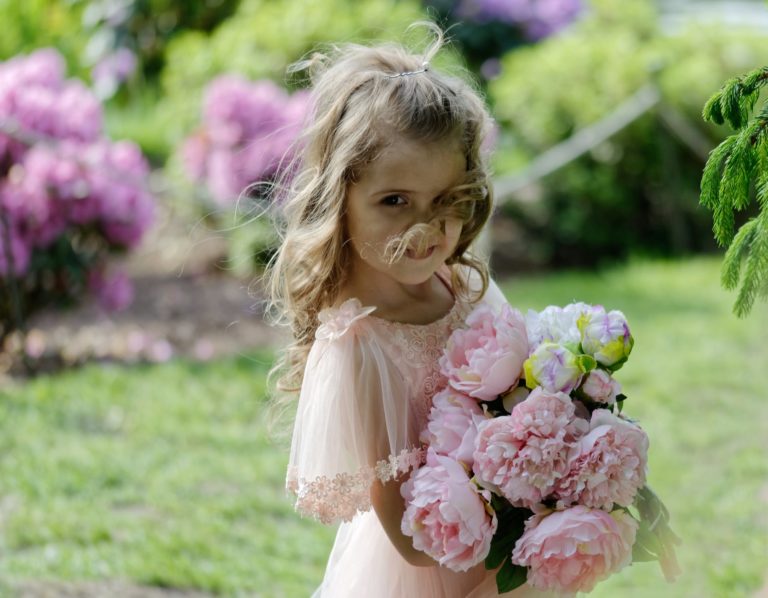
“Each of us is a flower growing in life’s garden. Each of us is a flower. We need the sun and rain.”
The above song has been sung by both my children in elementary school. As I attended my youngest son’s music performance this week, I listened to the words. I found myself wondering if we really needed “the rain” in our lives. Do we really NEED adversity?
After more thought, I concluded that the hard things in life, the trying experiences, the grief that all humans share is important. These experiences are often responsible for our learning, our strength, and even our happiness. As unpleasant as challenges can be, they often spur us to make different, or better choices. They may result in problem-solving or finding new solutions to old problems. Hard experiences also provide a gauge for us to recognize our contentment. We may not always realize how good our lives were until suddenly things feel challenging or difficult. Sometimes adversities can also help us realize how strong we are. We may have doubted our fortitude prior to experiencing something so hard that it tested our limits.
I also wondered what this means for children. What is most important for them to learn about adversity? How do we teach them that their struggles are not only normal, but healthy? How do we help them benefit from adversity? Based on much of the existing resiliency research, there are a number of things that parents can do:
- Help your child know that he is not alone. Let him know you care, and that there are others around him that care and are there for him. Social support is a huge buffer for stress. By knowing that you are there, even if you can’t do anything to make things better, it helps your child.
- Remember that short-term discomfort can lead to long-term success. Many times, by learning to face our fears or our challenges head-on, we are less anxious and more confident long-term. But the more we avoid them, the harder things become. One example is a tough conversation you feel you need to have with a loved one, friend, or colleague. You may dread it. You may avoid it. But afterwards, no matter how it turns out, you feel better and relieved. And stronger.
- Remind your child that they are stronger than they think they are. Many times we don’t know our strength until we face hard things. These tough things may in fact teach your child this letter better than you will.
- Difficult events can provide us a way to help model and teach our children about self-compassion. They can learn that it is ok to make mistakes, or not handle things perfectly. They may learn that it is perfectly healthy to cry or to share emotions. Show your child that it is ok to wish things like happiness, health, and peace for himself.
- Find gratitude in the struggle. You may be able to help your child see the strengths that they have in the situation, such as loving parents, a safe home, or a good school. You may be able to express thanks for your child’s inner resources, like his intelligence, social skills, or good heart. You could even express gratitude for the struggle, knowing that your child will be stronger and more resilient having gone through the challenge.
Tiny Poem
The world’s so big
Kid President (Robby Novak) and Brian Montague
And we’re so small,
Sometimes it feels like we can’t do anything at all.
But the world can be better
(In spite of its flaws)
The world can be better, and you’ll be the cause
And even though the waves are bigger than our boats,
The wind keeps us sailing
It’s love gives us hope.
Some days it’s dark, but we’ll keep rowing
Because people like you whisper,
“Keep going, keep going, keep going.”
![]()
